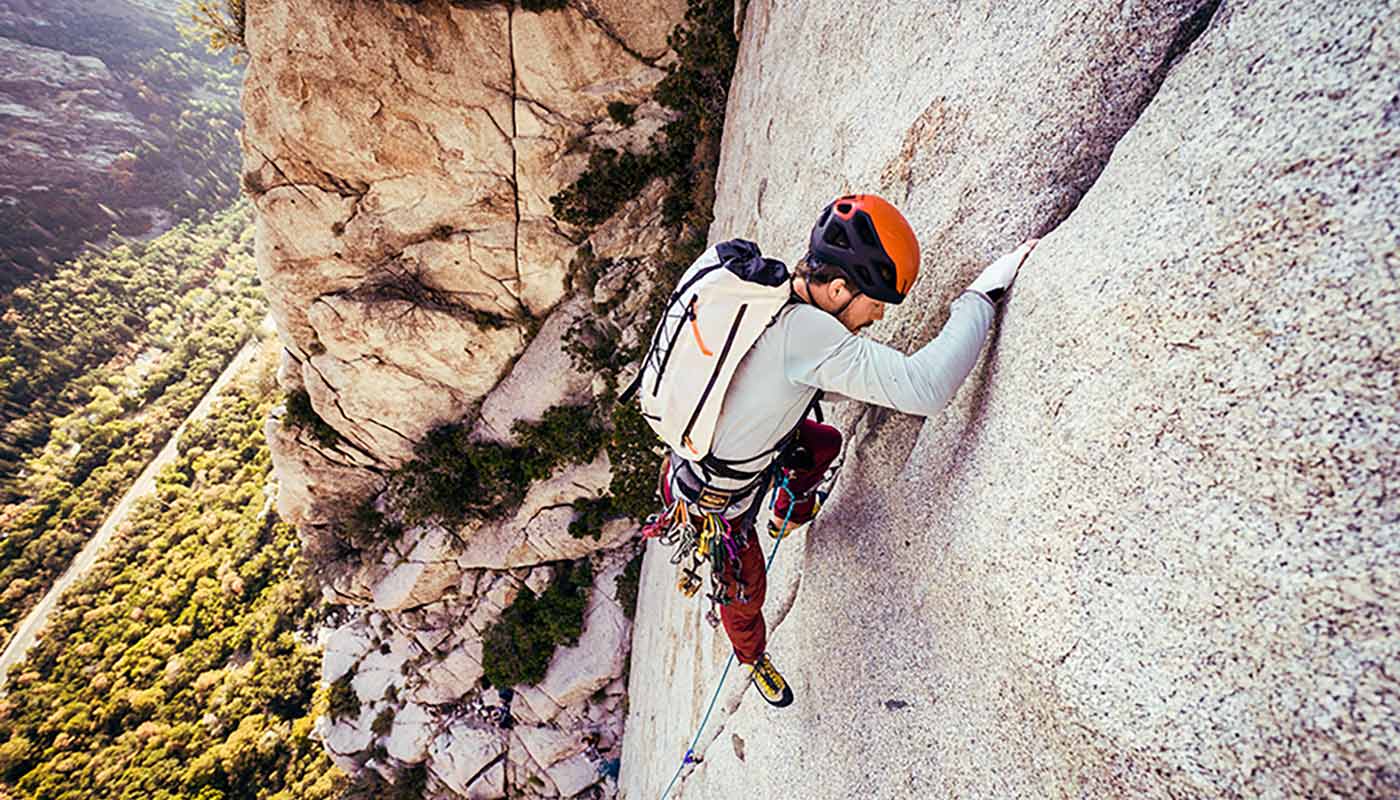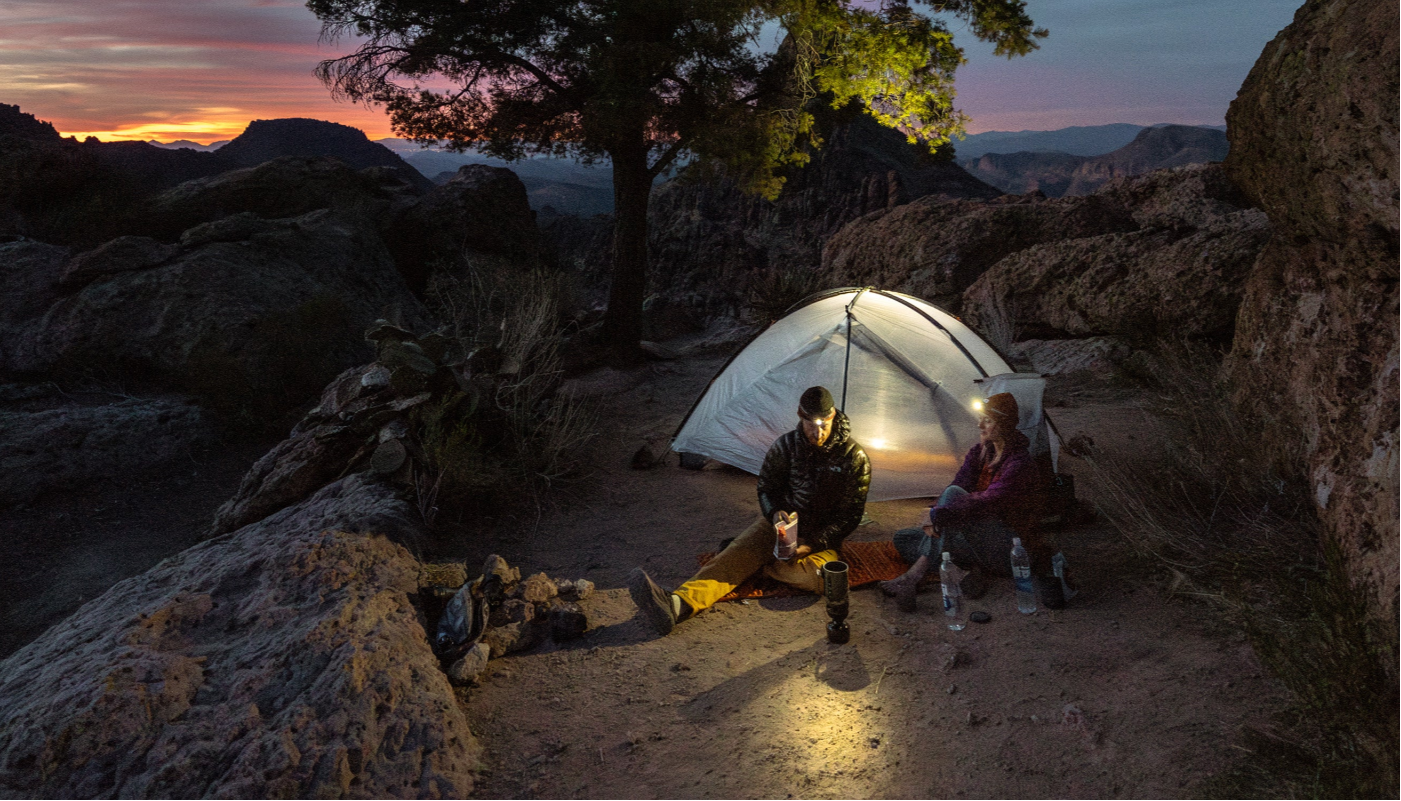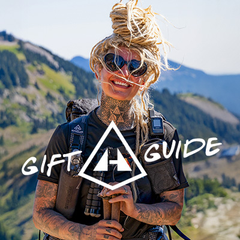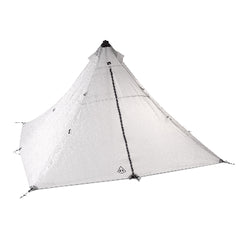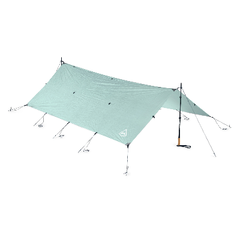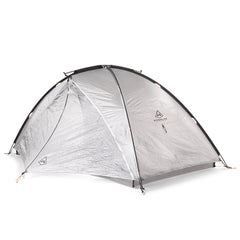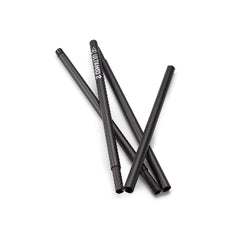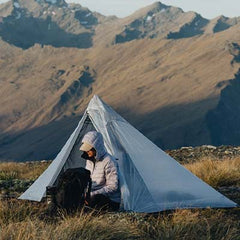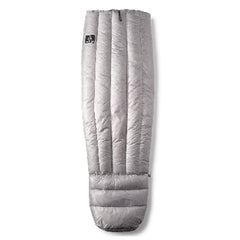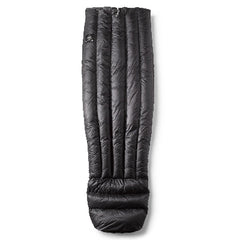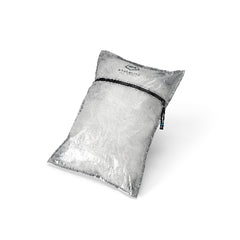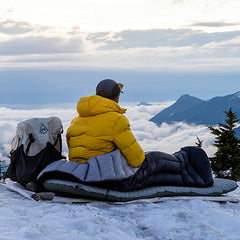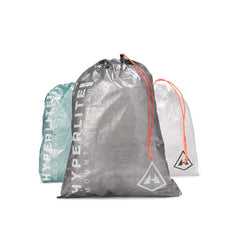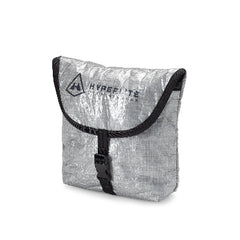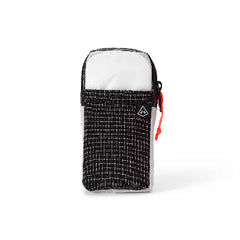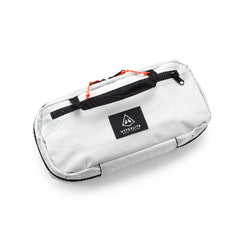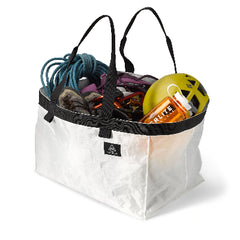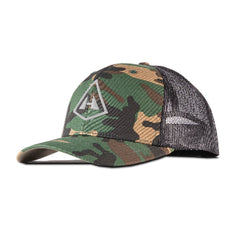Words and Photos from Abby Evans
Our famed series about potentially disastrous adventures with glorious saves is back with a new tale from Abby Evans! Based on a quote from The GRATEFUL DEAD documentary "Long Strange Trip" and perhaps their most infamous roadie, Steve Parish, it refers to one of his sayings during the "Wall of Sound" era that featured a PA and speaker system that was the size of a small town. He reflected on the chaotic and unhinged ordeal of transporting the equipment from place to place and getting it set up by showtime, and how when the police, venue managers, etc. asked the inevitable question, "Who's in charge around here?" the response was always, "THE SITUATION IS THE BOSS, MAN." We couldn't help but wonder how many times the friends in our orbit have felt the same way in the situations they've found themselves in.

It was my first day in the Hundred Mile Wilderness. The last hundred of my thru hike and the most remote. My partner, Love Child, and I had planned out our trajectory before we began our trek. There was worried talk everywhere at Shaw's Hiker Hostel about an oncoming hurricane. In the mornings, over breakfast, there was the usual chatter about ramen dinners and sore feet, but in between, hikers were clustered around each other's FarOut apps, trying to find alternatives to dicey river crossings in case the hurricane made them too extreme. Every SOBO we had passed on trail earlier in Maine looked like they had been through hell, and talked about river crossings up to their chest. A group of hikers sitting across from us at breakfast had just gotten off from the middle of the Hundred Mile because of relentless rain and the inclement storm. I didn't exactly want to go swimming in rainy 40-degree weather.
CONSIDERING THE WORST
I knew that if we went in as planned, the hurricane would hit us right in the middle of our journey. Shaw's Hiker Hostel offers to drop food off with hikers in the middle of the Hundred Mile off a rare, accessible dirt road. We wanted to carry all the food we would need with us in case they wouldn't be able to get there with the storm—especially if we got holed up somewhere. We estimated that it would take us about five days to get through, worst case, six.

Love Child and I discussed worst-case scenarios. If one of us got injured from a river crossing or twisting our ankle, we could always hitch a ride out with Shaw's when they were doing the food drop. If the storm got too bad, we could get to the nearest shelter and wait it out. If we ran out of food, we could let other hikers know, and they might share some of theirs. It's always best to let other hikers know about your predicaments. You never know who might be able to help you, and most people are sympathetic to the struggle by the last 100 miles.
We decided to still go out. As we caught the shuttle in the morning, saying goodbye to friends had an ominous sense of finality. It was the last time we would see any of them before we summited Katahdin and left the trail. There would be no more chance hiker meet-ups at the next hostel because there was no next hostel. This was it. The final push to the end.
STARTING OUT
With our food bags loaded up with six days' worth of ramen, SPAM, honeybuns, Clif Bars, and an assortment of candy bars and gummies, we caught the morning shuttle. My heart was in my throat as they dropped us off, but once we started walking, it was just like any other section of trail. The same moss around the edges, the same rocks to trip over, the same roots creating gnarled patterns in the dirt. Excitement took the place of my nerves.

There were a few shin-high river crossings on the way to the first shelter we planned to stay at. We took an alternate road walk for one of them, and once the road led us around the river, we went down to the bank to see how bad the crossing would have been. The water whipped by us in swells of white foam, at least up to our waist. I stared at it for a minute, imagining what it might have been like to stand in the middle of it. I was glad I didn't. If I don't have to risk my life, and I can take a road walk instead—I'm going to take the road walk.

At the shelter, I watched a magnificent sunset over the small pond. The sky blazed orange, then a fiery pink, silhouetting the pine trees and the lily pads around the lake. I felt honored to be there, grateful that I could catch this beautiful glimpse of remote wilderness on one of the last days of my thru hike. The weather was colder than I expected, but the night went without any problems—until the morning.
NO MORE SLEEP FOR ME
I went to deflate my sleeping pad, and the plug was stuck inside it. I had recently fixed an assortment of holes it had in it with layers of duct tape and gear patches. It was the first time it had actually stayed inflated throughout the whole night in a few weeks. It would be the last time, too.

As I tried to unplug the release valve, a horrifying riiiipppp sounded out. "Oh god," I thought. "That's not good." I looked down. The valve had completely ripped out of my sleeping pad. This was the only thing I had to sleep on for the next hundred miles. The next remote hundred miles. There would be no store I could hop off and pick up a pool floatie to sleep on. I was screwed.
For the next five days, I would get no more than three hours of sleep a night. It rained almost the entire time. The ground was hard and cold, especially the wood floor of shelters. I avoided sleeping in my tent because I was worried water would get in. I wouldn't be elevated from the ground as I usually am on my inflated pad, and myself and my sleeping bag would get soaked. I can't think of a faster way to get hypothermia.

THE HURRICANE HITS
The hurricane hit us on the second day, right after I discovered sleep was a thing of the past for me. Trees whipped back and forth above me and Love Child. Every once in a while, a terrifying crack would pierce through the forest, and I'd laugh nervously and hike faster. Random sticks and leaves would fall on the trail routinely. The cold rain was making my body exhausted. The hike to the next shelter was becoming a slow trudge. Mud was up to my ankles, and everything on me was soaked. Just before the shelter, I tripped on a rock and face-planted directly into the ground. I didn't even have the energy to stop myself from smacking the dirt. It was one of those haunting feelings where I felt if I didn't get to the shelter soon to warm up, things were going to get a lot worse.
When we staggered up to the mouth of the shelter, there were five different sleeping bodies inside. A couple of hikers must have decided to wait out the storm here. I sat on the edge and put my head in my hands. "How was there going to be room for us?" Our options were either to beg them to move over, set up our tents, or push onto the next shelter. If we pushed on, we would have to go over an alpine zone in the middle of the hurricane, which I thought was a dumb idea and wanted no part of. Love Child agreed. Thankfully, the hikers moved over that time.
The next time, we weren't so lucky. The shelter was full. We had not only hit the Hundred Mile Wilderness in a hurricane but also in a bubble of hikers. Every day, we raced to the shelters to get a spot inside so I didn't have to sleep on the ground with my deflated sleeping pad, but that day, we were too late. It was already pouring. I set up my tent in a rush in one of the tent spots behind the shelter. It was a raised dirt mound lined with rocks that hadn't gathered water yet, so I figured it would be okay. I crawled inside my tent and made peace with the fact that I would be misted on all night. Single-walled shelters are awesome because they save weight. However, the single wall allows condensation to gather on the inside of the tent as it rains. Usually, my tent would mist on me throughout the night. I was not looking forward to it, as I was already uncomfortable on the cold ground.

THE DANGER OF BEING SOAKED
I woke up at 5:00 a.m. in a puddle. I sat upright abruptly, immediately panicking. It was 40 degrees, and my only dry pieces of gear—my sleeping bag, fleece, and base layers—were all wet. I was shivering. I scrambled around on the wet floor of my tent for my headlamp. I took some deep breaths and tried to remind myself that it would all pass and things would be okay. All I could hear was the rain thundering on top of my tent. It misted on me ever so often. Spending the rest of the night in my tent was not a feasible option. I called over to Love Child and asked if I could come over to his tent to get warm. We shared his tent for another hour and then got up to hike.
The rain wasn't going to let up, and I was desperate to make it to the next shelter, so I didn't have another tent experience. In the dark, I started packing up my wet tent and sleeping bag. I listened to music to distract myself from the feeling leaving my fingers and my fears of hypothermia. Get Up Offa That Thing from James Brown started blasting in my ears, and I laughed. It felt like a fever dream. I started dancing around because I was at my wit's end, and Love Child started laughing too. Sometimes, situations get so rough that the only thing left to do is laugh or cry.
When you get cold and wet while backpacking, it's easy to get exhausted quickly. I made sure to eat as much as possible before we started out and shoved my face full of Clif Bars and candy bars as we kept hiking. The trail had become a stream by that point. Throughout the day, I slogged through cold rainwater up to my ankles. I couldn't check FarOut since my phone screen didn't work when it was wet. I trekked up sections of trail that looked like mini waterfalls and laughed at the stream pressing itself against my trail runners. The faster I hiked, the warmer I got.

HERE COMES THE SUN
And then, finally, eventually—the sun started to peer through the tree leaves again. The clouds cleared. The ferns and moss turned a verdant, dewy hue in the late afternoon light. As I walked up to the next shelter, I saw it still had room. I breathed a sigh of relief and started joking with the guy in the shelter next to me about my predicament. He gave me his foam pad to sleep on since he was carrying both an inflatable and a foam sleeping setup! It's always helpful to let others know about your dilemmas.
I would actually be able to sleep that night. Things were looking up. It was my second to last night on the AT. The trail had put me through hell—as if it were trying to see if I would hold out—and I did. I could finish the day after next, knowing that I gave the trail everything I had. I could finish with nothing left but the feeling of appreciation for the strength I found in myself, others, and nature. I wouldn't change it for anything.
Abby Evans (Sh*twater Fireball Queen of the Salamanders) hiked the Appalachian Trail in 2023 and loves to write about gear and outdoor misadventures. They look forward to hiking the Pacific Crest Trail this coming summer and hope to triple crown before they're thirty. You can find them cutting their toothbrush in half, eating cold ramen and embracing the struggle on a trail near you! You can follow their journeys through their Instagram: @abbigator53.
